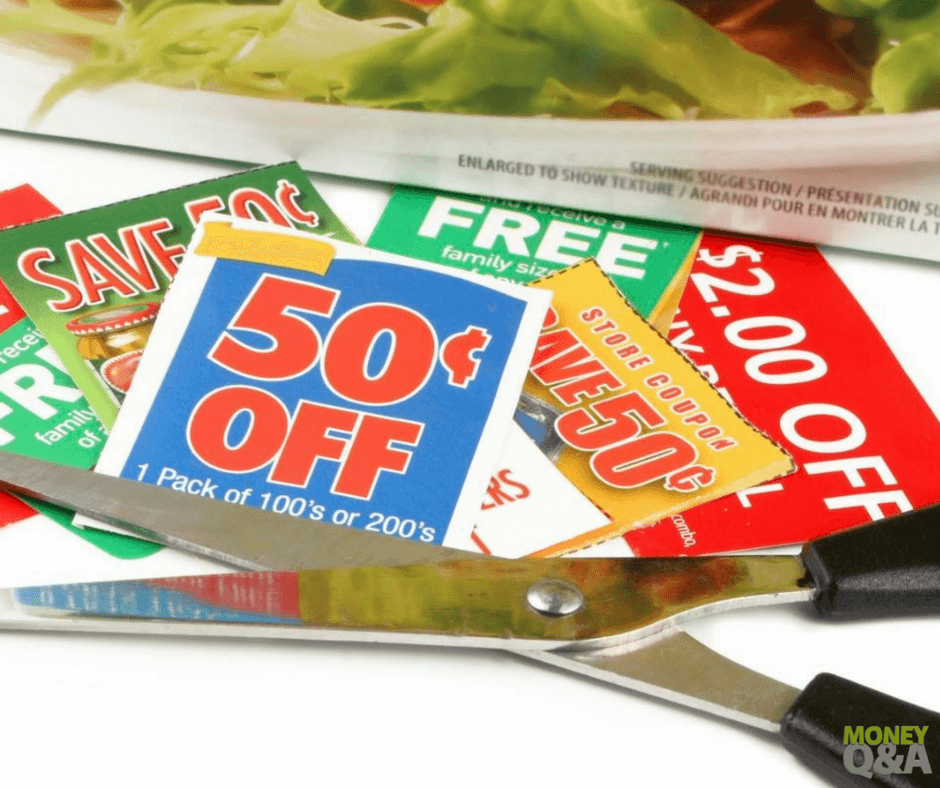As a result of the pandemic outbreak, close to 50 million Americans have filed for unemployment benefits and the number significantly increases weekly. If you are one of them, then you are probably experiencing a strain on keeping control over your finances and track your expenses.
In response, the government has increased unemployment benefits and deferred loans to keep individual finances afloat for the time being. To reduce the pandemic’s effect on finance, congress approved a $600 unemployment lifeline to Americans out of work, but this stimulus is not likely to be extended.
How to Track Your Expenses
Financial literacy has not been as important as it is now, and even though it can get complicated, it is necessary. To avoid any further financial crisis, here are some ways to track your expenses and keep track of your money in these unpredictable times.
1. Cut down on unnecessary expenses
Sometimes, the thought of checking and planning your expenses can sound daunting. The process may feel too big, but the technique breaks them down into smaller parts. Research in 2014 proposed that the best way to deal with credit card debt is to deal with those costs with smaller balances than those with the lowest interest rate.
Experts have described this technique as “snowballing” or “small victories.” However, the method can also be applied to your spending all the more extensively. To succeed, you must endeavor to go through your bank statement and credit card and cut off those recurring charges and expenses.

2. Maintain a realistic emergency fund
The present COVID-19 pandemic has left many jobless and others fighting to keep safe from the virus. In specific terms, the world is facing a catastrophe that gives no room for financial opportunism. Persons with an unstable paycheck are struggling to keep a realistic emergency fund. However, it is incumbent on you to protect your wealth during this period. Financial experts have advised diversifying your funds into several portfolios like precious metal and cryptocurrency.
Platforms like xrp price provide the best recommendations for your risk exposure during this pandemic period. Gold, silver, and other valuable minerals are likewise safe haven to invest in during this period of economic uncertainty.
3. Save
With vacations suspended, bars shut, and gym centers non-operational, you are likely spending less cash as compared to pre-COVID. According to comparecards.com, almost 70% of credit card borrowers are sure of settling outstanding balances at the end of the month; a figure which has seen a 10% increase as compared to a similar period last year.
With overall spending by individuals and households seeing a considerable decrease, this presents an equally good period to save ahead of the economic rush post-COVID. If the last few months have taught us anything, it is that it will not be a terrible idea to have your savings buried.
4. Establish a spending figure
Regardless of your incomes, you probably dislike the idea of setting a budget on your spending. According to a study, one in three American households prepares a detailed household budget to track their spending and track your expenses. The simple trick to deal with this is establishing a figure you can securely spend without necessarily tracking down every dollar or cent spent.
There are tools and applications available to guide you through this process. So, with the precise estimation of your income, these applications will take account of your recurring expenditure while considering your savings target. This enables you to create a custom amount to spend in a month without going into debt.
